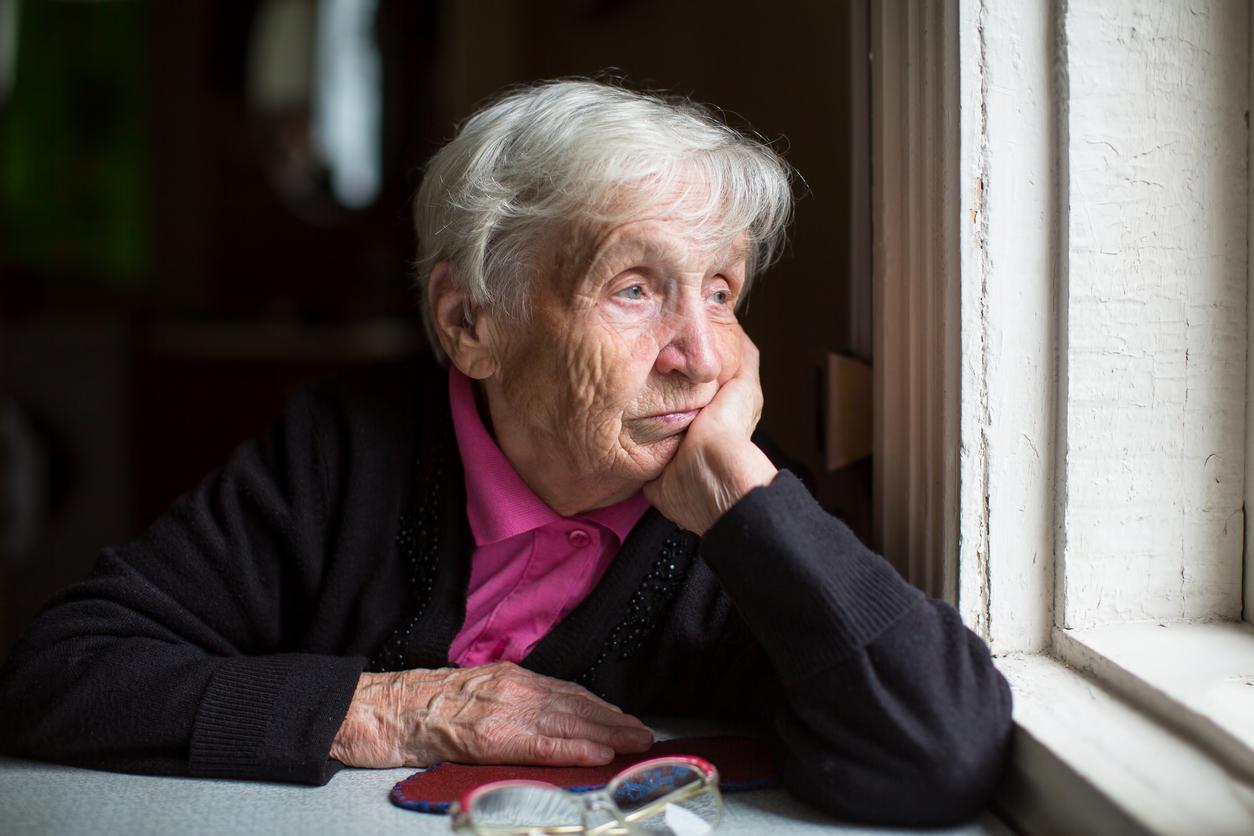Published on December 8 in the scientific journal Cancer from the American Cancer Society, a study from two universities in North Carolina (United States) calls into question the routine radiotherapy prescribed to elderly patients suffering from breast cancer early.
The findings of the five researchers are simple: despite the recommendations of the 2004 clinical trial, which recommended not to prescribe radiotherapy to patients aged over 70 with precocious cancer, nearly two-thirds of the women concerned still receive it.
Added to surgery and tamoxifen (a modulator treating hormone-dependent breast cancer in women around menopause), radiotherapy would in fact bring little benefit, without inducing a reduction in recurrence at 5 years or prolonged survival.
Prescribing habits that are too deeply entrenched
To find out to what extent the radiotherapy was used in this particular case, the researchers analyzed, from the American breast cancer registries, the data of 40,583 women over the age of 70 years, treated with surgery (removal of the tumor, or lumpectomy) from 2000 to 2009.
From 2000 to 2004 (that is, before the first study was published), 68.6% of patients had received radiotherapy. And, despite the recommendations, 61% of patients were still in this situation from 2005 to 2009, even if their radiotherapy was of shorter duration and with focused radiation.
In view of these results, the researchers concluded that the 2004 publication had very little impact on the treatments prescribed to the patients, the practitioners having difficulty in changing their habits in terms of therapeutic approach.
“Our results highlight the difficulty for practitioners to take into account new clinical trial data, which recommend going without a treatment that was previously considered a standard of care,” explains Dr. Blitzblau, co-author of study.
She also said that a study published last year showed that recurrence rates remained low, even in women who gave up radiation therapy. In short, surgery and treatment with tamoxifen would suffice for this type of breast cancer in patients over 70 years of age.
“Although short-term treatments are more convenient for patients and less costly for the health system, the complete omission of radiotherapy in women over 70 years of age with early hormone-dependent breast cancer would spare the toxicities associated with radiotherapy ”conclude the authors.
Read also :
Breast cancer: how is radiotherapy going?
Pregnancy and cancer: the treatments would be without major risk for the baby
Cancer: grapes make them more sensitive to radiotherapy
Breast cancer: a promising therapeutic vaccine clinically tested
















